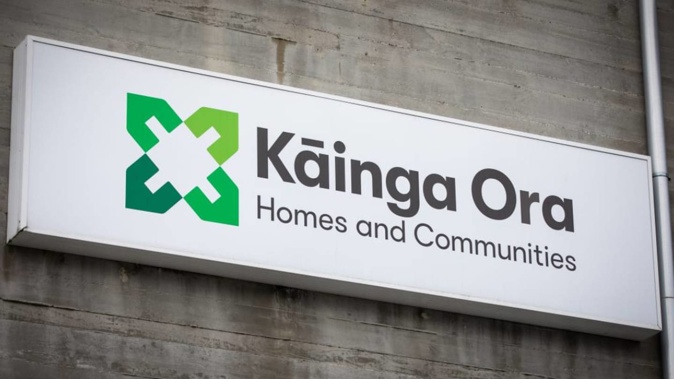
By RNZ
- Kāinga Ora is cracking down on rent debt, offering to write off half for tenants engaging in repayment plans.
- Chief Executive Matt Crockett said tenants owing more than 12 weeks could face eviction if they don’t engage.
- Jake Lilley from FinCap highlighted barriers like mental health, saying chasing debts from struggling tenants is ineffective.
Kāinga Ora says it is cracking down on rent debt but doesn’t know where evicted tenants who don’t engage in repayment plans will go.
The housing agency was to set a 12-week limit on how much rent debt a tenant could accumulate, but for now it would write off about half of what it was owed in an effort to manage rent debt.
While the changes would help some tenants out – others could face eviction if they didn’t make a genuine effort to pay back what they owed.
Chief executive Matt Crockett told Morning Report Kāinga Ora was hoping the 2000 tenants who owed more than 12 weeks of rent would take them up on their write-off offer, however, if they didn’t engage in a repayment plan, their tenancy would be terminated.
“We will try and broker and see if there is a community housing provider option, but other than that, we are not clear exactly where they would go.
“We’ve done everything we can and at the end of the day if the tenant, who if they’re not coming to the party with paying the rent, then they’re the ones who have made themselves homeless unfortunately.
Crockett said it was a regrettable outcome but the rent needed to be paid.
He said the write-off offer was an incentive to get tenant debt under control.
“We want to incentivise them to actually start paying off [their rent] by actually putting in a partial forgiveness that allows them to get back to 12 weeks, which we believe that tenants should be able to get under control in a reasonable timeframe.
“They only get that route of forgiveness if they actually engage in a repayment plan, with a reasonable repayment to get on top of that.”
Crockett said he was confident in the number and capabilities of Kāinga Ora staff to support the tenants.
“We are very confident we have got the people, including with the cultural skills to be able to engage across the range of our tenants.
“This is part of our wider reset of Kāinga Ora.”
Crockett said he was not in a position to comment on policy related to the Kāinga Ora waitlist of about 20,000.
Senior policy advisor for the financial mentorship trust FinCap, Jake Lilley, said he believed the Government was going to spend more money chasing what it was owed.
“Chasing people for money they don’t have doesn’t make sense really.”
Lilley said disengagement and mental health were barriers to getting tenants on repayment plans.
“Mental health and money problems go together, and when someone is struggling with mental health, it is very difficult to engage with an agency and particularly if you have a massive amount of debt hanging over you which seems absolutely impossible to repay – there seems like there’s no option.
“You can go and knock on the door but someone who really doesn’t feel up to getting out there and talking to you – they don’t have much hope.
“It’s really tricky.”
Lilley said the release showed a commitment to being fair and reasonable when people were getting behind which was “really important”.
Take your Radio, Podcasts and Music with you









